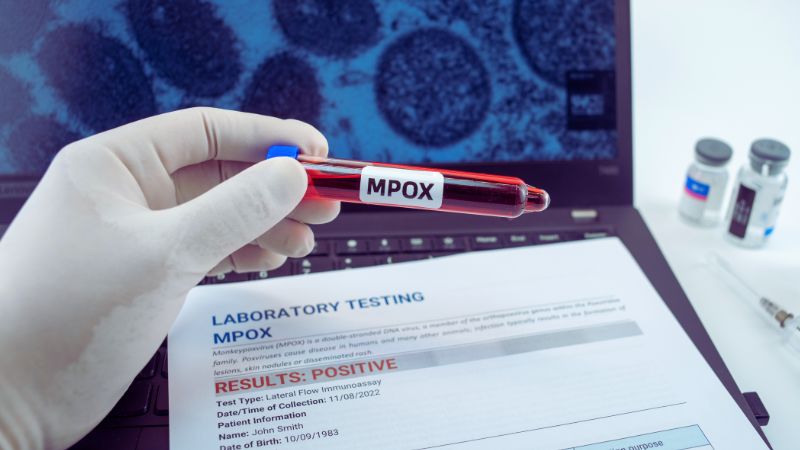Gay men, and other men who have sex with men, are being urged to get vaccination against mpox following a number of cases being reported in Western Australia.
There is concern that November’s Pride celebrations could lead to a sudden increase in the number of local cases.
Experts stress that two doses of the vaccination are needed to be effective. Dr Daniel Vujcich, CEO of WAAC, noted that more cases are being reported in WA.

“The Australian Technical Advisory Group on Immunisation (ATAGI) recommends two doses of the JYNNEOS vaccine, spaced at least 28 days apart.
“Research indicates that this two-dose regimen offers greater effectiveness than a single dose. Data from the United States further supports this, showing that fewer than 1% of mpox cases have occurred among individuals who have received both doses of the vaccine.
“In light of the rising number of cases nationwide, we encourage the WA community to come together and support one another by getting their mpox vaccinations ahead of PrideFEST.”
While there has been a steady stream of cases in the Eastern States, there have been few reported in Western Australia. However, three people have been diagnosed with the virus in the last week.
In 2022 when the global outbreak of the virus occurred Australia experienced 144 cases, last year there were only 26 cases across the whole country. So far in 2024 there’s been over 1,000 diagnoses nationwide, until now only two if the cases had been in Western Australia.
Get vaccinated
Mpox vaccines are currently being rolled out across WA and are available by appointment at sexual health clinics and select GPs. Two doses at least 28 days apart are recommended for maximum protection.
To book your appointment at M Clinic, please visit the website here and make an online booking, or call on 08 9227 0734.
For all other Sexual Health Clinics and GPs, please visit the Healthy WA website for more information about where to get vaccinated.
Learn more about mpox
Mpox can be spread from person-to-person through skin-to-skin contact, including during sex, and contact with contaminated item
Symptoms usually start within five days to three weeks of exposure to the virus and may include a rash that can look like bumps, pimples or sores, which later develop into fluid-filled lesions, pustules or ulcers.
Some people also have fever, headache, muscle aches, backache, or enlarged lymph glands.
People can help prevent the spread of mpox by avoiding sex if they have any signs of sores or blisters, limiting sexual partners, and keeping contact details of new partners to help with contact tracing if needed. Condoms offer some protection, but only protect the area of skin covered (sores can be on and around other parts of the genitals and body).
For more information and support go to Monkeypox (healthywa.wa.gov.au) or contact the sexual health hotline 9227 6178 (metro) or 1800 198 205 (country).





